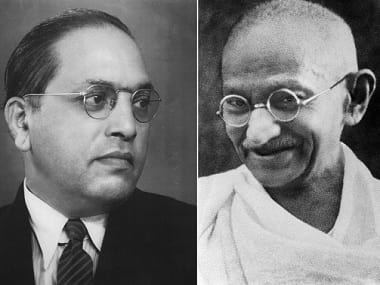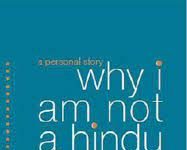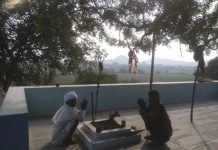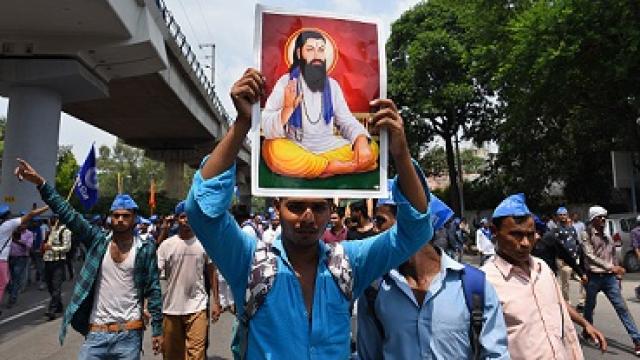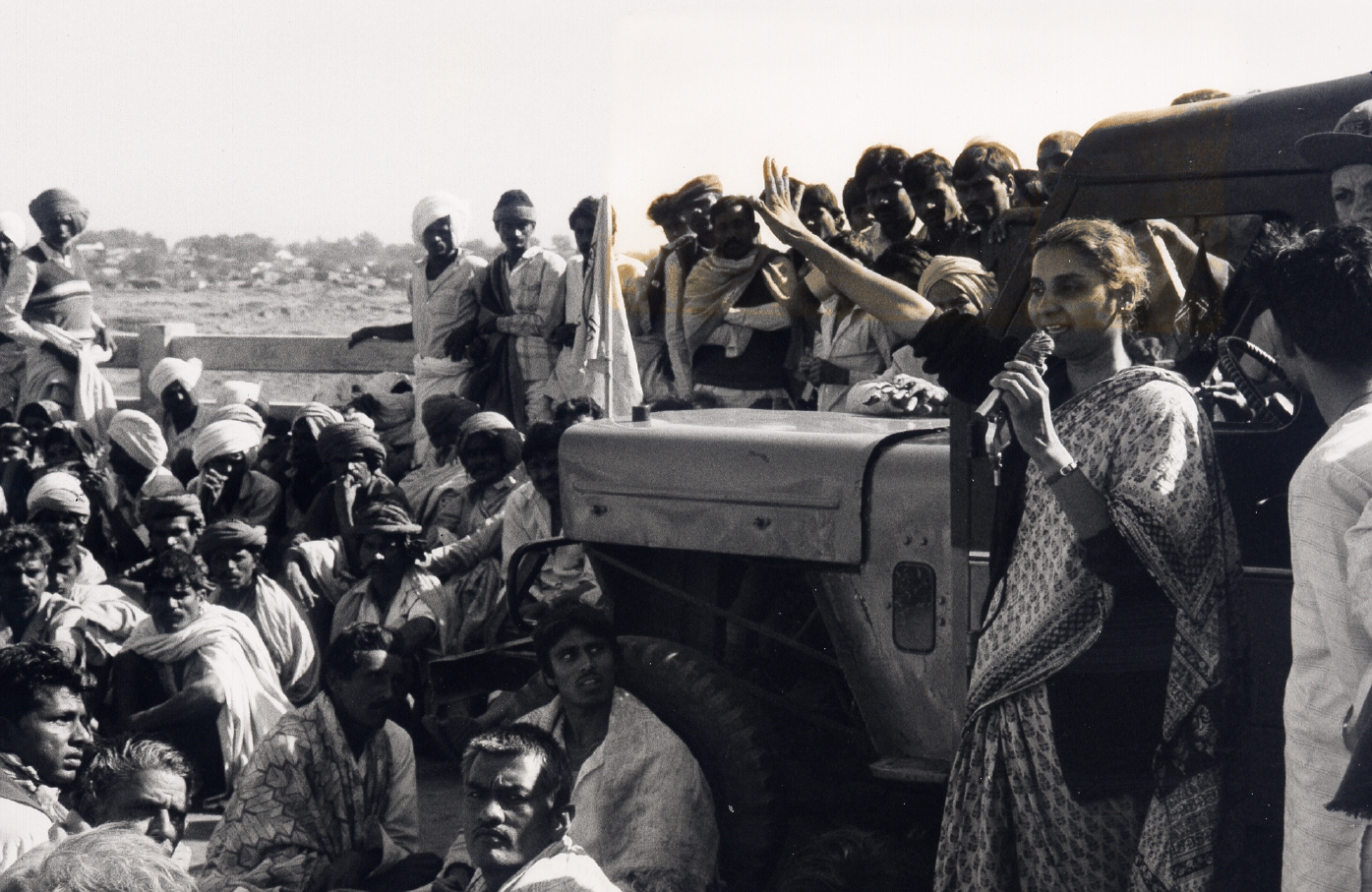The Dalits are a section of the population that requires sensitive judicial and political ambience for sustenance. It is significant that their aspirations be prioritised.
The New Leam Staff
More than 1.44 lakh cases of atrocities against Scheduled Castes and 23,408 cases of atrocities against Scheduled Tribes came for trial before the judiciary in 2016, according to the data from the National Crime Records Bureau. Of this large number only 10 % SC cases got a trial and later had convictions.

In the case of STs, 12 % cases got a trial and only one fifth of them could get in convictions. The Scheduled Castes and the Scheduled Tribes (Prevention of Atrocities) Act – the law, commonly called the SC/ST Act, implies that all states ensure several Special Courts that can hear cases of atrocities against SC/STs. Irrespective of this from the 700 districts in India, only 194 districts across 14 states have built exclusive Special Courts.
Many states have said that their Sessions Courts will work as Special Courts. It is because of this issue that more than 90% cases remain unattended. The bad progress of the act at the ground level has denied that achievements of struggles to safeguard the rights of Dalits and Adivasis, starting with the 1927 Mahad agitation led by BR Ambedkar. The protest was made to protest against the custom of denying untouchables access to public water tanks despite the Bombay legislature resolution in 1923 stating the depressed classes have equal rights.
In 1939 the Madras Removal of Civil Disabilities Act was enacted which was followed by the Bombay Harijan Temple Entry Act, 1943. The plight of the untouchables in in bad condition and there is an urgent requirement to enable the judiciary to be sensitive to their aspirations. The building of courts to meet their challenges and become suitable for their claims in significant.
***


